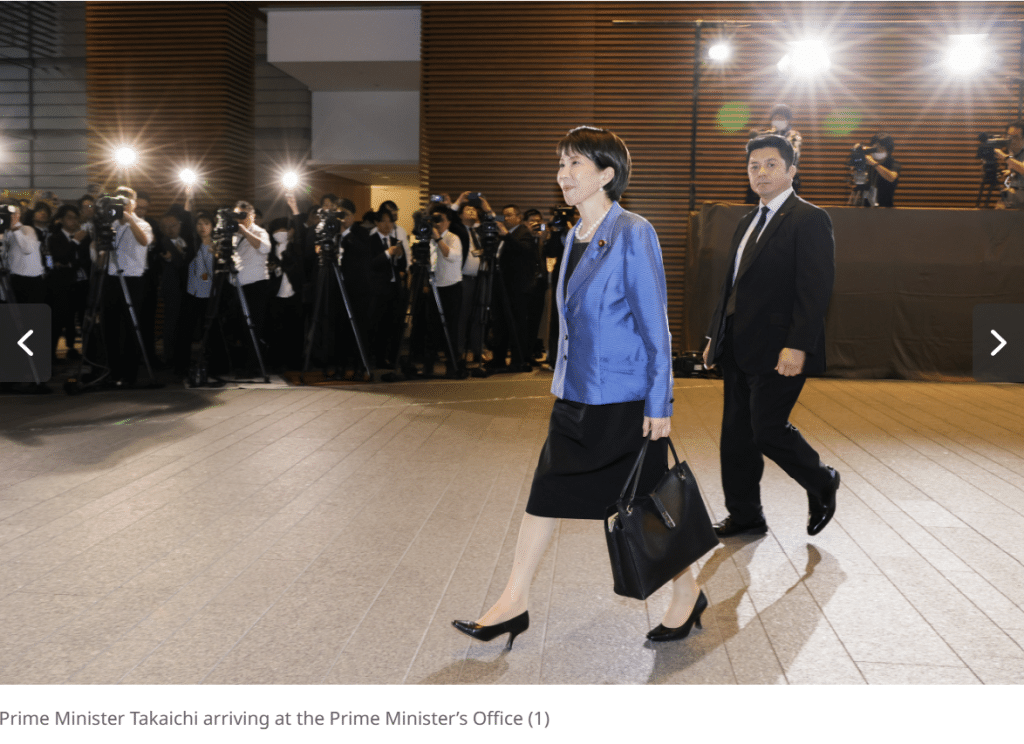China Wants To Give Couples With Babies A Longer Break
China’s new policy allowing families to have two children, up from one, has been reverberating across the country as municipalities race to help expectant mothers stay in the workforce, then look after their newborns.
Female workers in China are entitled to up to 98 days of maternity leave. But already at least 13 local governments have decided to give moms additional days off, ranging from 30 more to 80 more, according to Chinese media reports.
This city of almost 25 million earlier this month revised its ordinance to give an additional 30 days of maternity leave above the 98 called for by the central government. The ordinance also allows male workers to take up to 10 days of paternity leave.
In Fujian Province, mothers can take up to 180 child-bearing days, while dad can take 15 days after a baby is born.
Shanxi Province, meanwhile has introduced a measure to encourage people to tie the knot. One enticement is mandating that employers give newlyweds 30 extra holidays to play with. In addition, new mothers will be guaranteed 158 days of maternity leave, according to Chinese media reports.
Shanghai and the other municipalities giving married couples more than the nationally mandated number of days off have set certain age and other criteria. But the municipalities have even been allowing couples who do not meet all the criteria to take advantage of the ordinances.
Labor regulations in China allow female workers to take off for 15 days before giving birth and for 83 days post-birth. This is relatively equal to the number of maternity leave days female workers are allowed in Japan. However, while Japanese companies often allow employees to take lengthy parental leaves beyond what is required by law, Chinese businesses largely do not.
Foreign businesses in China are beginning to get in step with the times. Japan’s Ryohin Keikaku, known for its Muji designer goods stores, has a lot of 20- and 30-something women in managerial positions in China. According to Naoyuki Yamamoto, who heads Ryohin Keikaku’s Chinese unit, Chinese women typically return to work soon after giving birth. Grandparents often keep an eye on babies while moms are at work.
“In line with the direction of the central and local governments,” Yamamoto said, “we will enhance our maternity and post-maternity leave system.”
By WATARU KODAKA Mar. 10, 2016 on Nikkei Asian Review
Read more here








